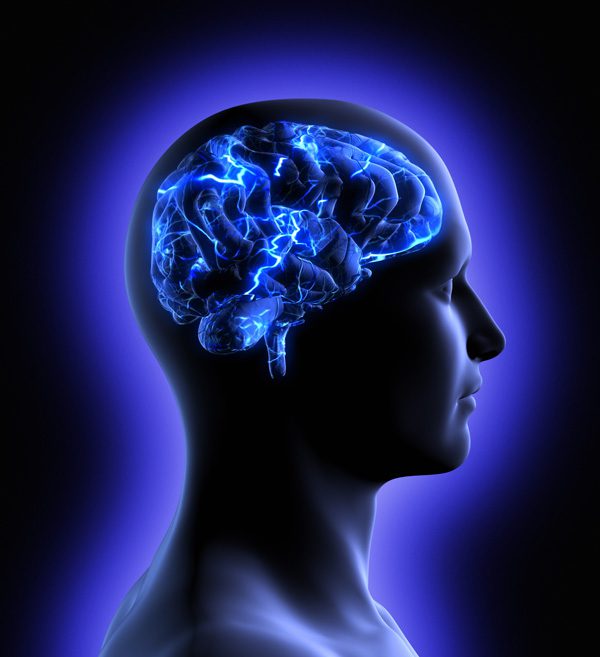 For many years, people with addictions were seen as weak or having no willpower.
For many years, people with addictions were seen as weak or having no willpower.
It was assumed that because addiction begins with voluntary behavior, people could stop their behavior just as easily. Thanks to advancements in neuroimaging technology, these assumptions have changed drastically over the past few decades. Research shows that, in addition to drugs and alcohol, certain pleasurable behaviors such as sex, gambling, eating, and shopping also change the brain’s functioning.
“Today we recognize addiction as a chronic disease that changes both brain structure and function. Just as cardiovascular disease damages the heart and diabetes impairs the pancreas, addiction hijacks the brain. This happens as the brain goes through a series of changes, beginning with the recognition of pleasure and ending with a drive toward compulsive behavior.”
Dopamine (the feel-good transmitter) in the brain is activated by pleasurable activities. Recent studies have shown that dopamine also plays a role in learning and memory. So, when someone uses substances or continues a pleasurable behavior repeatedly, the nerve cells in the accumbens and the prefrontal cortex remember this pattern and begin to develop a need for it to continue. This is the beginning stage of brain disease. Over time, brain structure and function change in long-lasting ways that can continue even after an individual ceases the behavior or substance use.
What this means is that addiction comes about through neurological changes in the brain. These changes, seen through diagnostic imaging, are responsible for the distortions of emotional and cognitive functioning in someone who is addicted.
Labeling addiction as a brain disease may have unintended consequences. Yes, addiction is a disease, but that does not give the person an excuse to continue harmful behavior. Just as COPD is a disease caused by smoking, and heart disease can be caused by a bad diet, addiction is caused by bad choices–professional detox and treatment can help a person change their lifestyle choices and thus save their life. Research continues to investigate ways to break the pattern of addiction.
References:

 For many years, people with addictions were seen as weak or having no willpower.
For many years, people with addictions were seen as weak or having no willpower.